A healthy living environment depends on a clean home, but it's also critical to ensure the cleaning supplies you use are safe for your family. It can be confusing to determine which of the many available products are safe and effective. Many traditional cleaning solutions have dangerous chemicals in them that can be dangerous, especially for kids and animals. It's critical to know what to consider when selecting cleaning solutions that put safety, sustainability, and efficacy first in order to make better judgments.
In this blog, we’ll explore some key tips for selecting the safest cleaning products, with insights into eco-friendly cleaning options, expert recommendations, and how to balance effectiveness with health-conscious choices.
1. Understand Labels and Ingredients
When choosing cleaning products for your home, it’s essential to start by reading the labels carefully. Many brands advertise their products as "natural" or "green," but that doesn’t always mean they are free from harmful chemicals. Here’s what to look for:
- Ingredients list: A truly safe product will have transparent labeling, detailing all the ingredients used. Beware of vague terms like "fragrance" or "surfactants" that can hide harmful chemicals.
- Avoid common harmful chemicals: Some ingredients to steer clear of include ammonia, chlorine bleach, formaldehyde, and phthalates, as they can cause skin irritation, respiratory problems, or even long-term health issues with repeated exposure.
- Look for certifications: Certifications like EPA Safer Choice, Green Seal, or Ecocert can help ensure the product meets safety and environmental standards. These labels indicate that the cleaning product has been evaluated for both its effectiveness and safety.
2. What Are the Best Cleaning Products for Tough Stains?
A common fallacy is that the most potent cleaning agents are usually the most successful in removing stubborn stains. As effective as conventional cleaning chemicals, eco-friendly options are available and much safer for the environment and your family.
Products with natural ingredients like vinegar, baking soda, or lemon can work wonders for stubborn stains like grease, soap scum, or hard water spots. Dirt is broken down by these components without the use of harsh chemicals. Furthermore, a lot of businesses sell cleaning solutions made especially for difficult jobs that use plant-based enzymes to remove tenacious stains without the use of dangerous components.
For instance, search for multi-surface cleansers with the labels "plant-powered" or "bio-based," as these products use naturally occurring substances to clean without leaving behind harmful residues.
3. Which Eco-Friendly Cleaning Products Should You Try?
Switching to eco-friendly cleaning products is not only good for your family’s health but also for the environment. Eco-friendly products often contain biodegradable ingredients and come in recyclable or reduced-plastic packaging, minimizing their environmental impact.
Here are a few popular and safe eco-friendly cleaning products worth trying:
- Dr. Bronner’s Sal Suds Biodegradable Cleaner: A plant-based cleaner that’s safe for nearly all household surfaces.
- Seventh Generation Free & Clear: This brand is known for its non-toxic, dye- and fragrance-free cleaning products that are gentle on sensitive skin.
- Branch Basics Starter Kit: A highly concentrated formula that can be diluted for various cleaning tasks, using only plant- and mineral-based ingredients.
- Method All-Purpose Cleaner: Made from non-toxic, naturally derived ingredients, this product is tough on dirt but safe for everyday use.
4. How Can You Choose the Safest Cleaning Products for Your Family?
Choosing the safest cleaning products involves more than just finding natural or eco-friendly options. You should also consider the specific needs of your household:
- Allergies and sensitivities: If someone in your household suffers from allergies or skin sensitivities, opt for hypoallergenic or fragrance-free products. Even some natural fragrances can irritate sensitive individuals.
- Children and pets: Young children and pets are particularly vulnerable to the effects of harmful chemicals. Opt for products that clearly state they are safe for use around kids and animals. Look for packaging that’s designed to be childproof and easy to store securely.
- Indoor air quality: Some cleaning products release volatile organic compounds (VOCs) that can reduce indoor air quality and cause respiratory irritation. To avoid this, choose low-VOC or no-VOC products, and be sure to ventilate your home well when cleaning.
5. Are Budget Cleaning Products as Effective as Premium Ones?
Many people believe that premium-priced cleaning products are more effective or safer, but this isn’t always the case. Some budget-friendly options are just as good, if not better when it comes to both cleaning power and safety. The key is to know what to look for.
- DIY solutions: You can make your cleaning products using simple ingredients like vinegar, baking soda, and essential oils. These are not only cost-effective but also safe and chemical-free.
- Generic brands: Some store-brand products are made with safe, non-toxic ingredients, and they tend to be much cheaper than premium options. Just be sure to read the labels and avoid any harmful chemicals or vague ingredient lists.
- Concentrates: Many eco-friendly cleaning brands sell concentrated formulas that can be diluted with water. These are more cost-effective in the long run and generate less waste.
6. What Cleaning Products Do Professionals Recommend for a Deep Clean?
Professional cleaners often favor products that strike a balance between effectiveness and safety. Some brands consistently recommended by professionals include:
- Bon Ami Powder Cleanser: A natural, non-toxic alternative to bleach-based scouring powders, it’s perfect for deep cleaning kitchens and bathrooms.
- Force of Nature: This innovative system turns tap water, salt, and vinegar into a powerful, multi-purpose cleaner and disinfectant that’s gentle on surfaces and safe around children.
- Biokleen All-Purpose Cleaner: A plant-based cleaner with no harsh chemicals, yet powerful enough for deep cleaning.
By choosing products that are both effective and safe, you can ensure your home remains clean and free of harmful chemicals, while also protecting your family’s health and well-being.
Conclusion
Choosing the safest cleaning solutions for your family requires reading ingredient labels, taking into account eco-friendly options, and striking a balance between cost and performance. Making non-toxic, plant-based, or certified safe items a priority will help you maintain a healthy home while reducing the environmental impact of your family. With the correct decisions, you can accomplish sustainability and safety when cleaning up stubborn stains or keeping your home clean daily.
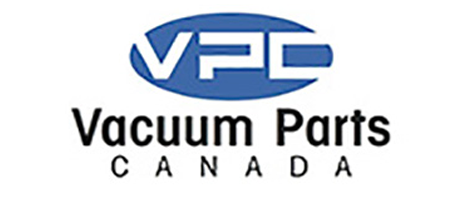
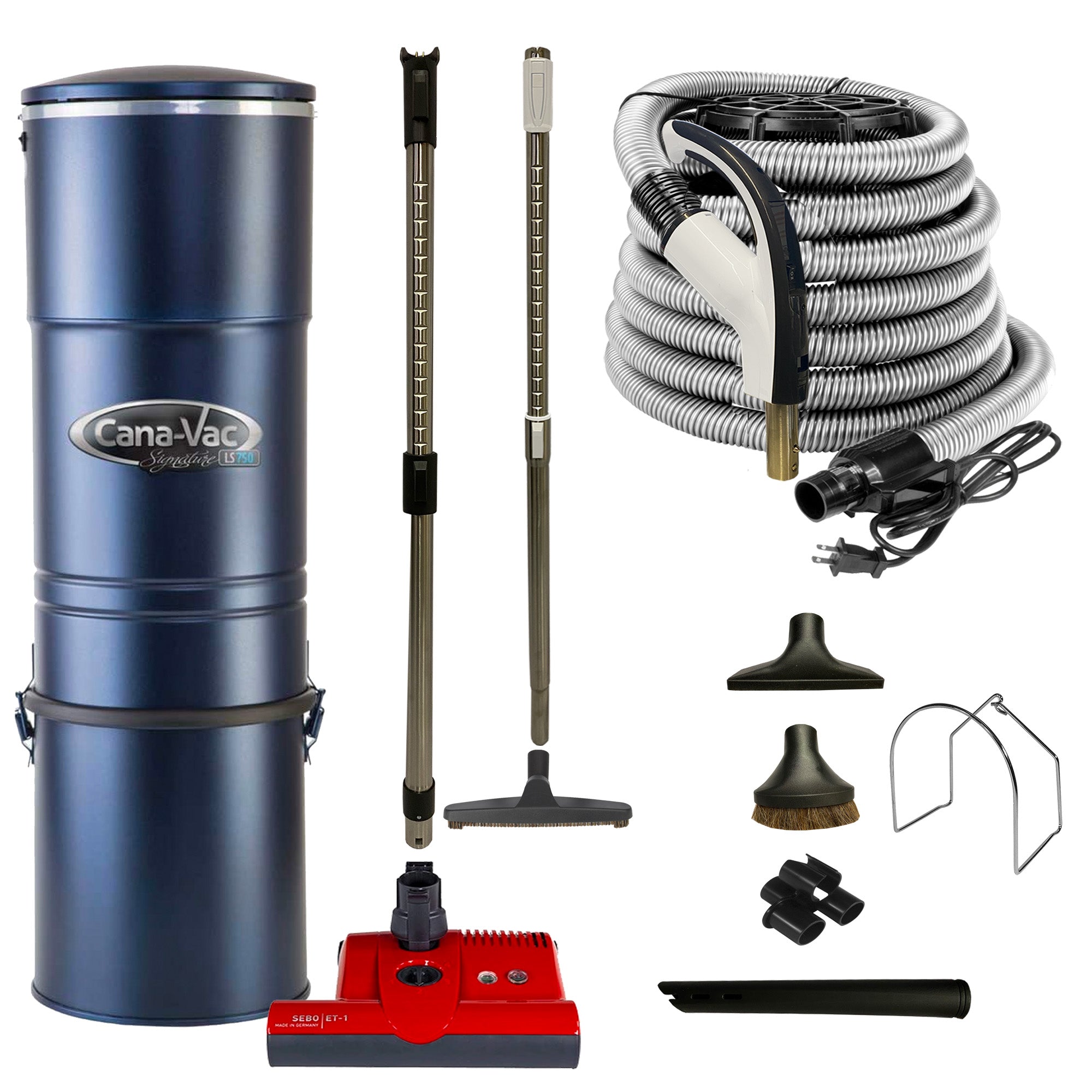
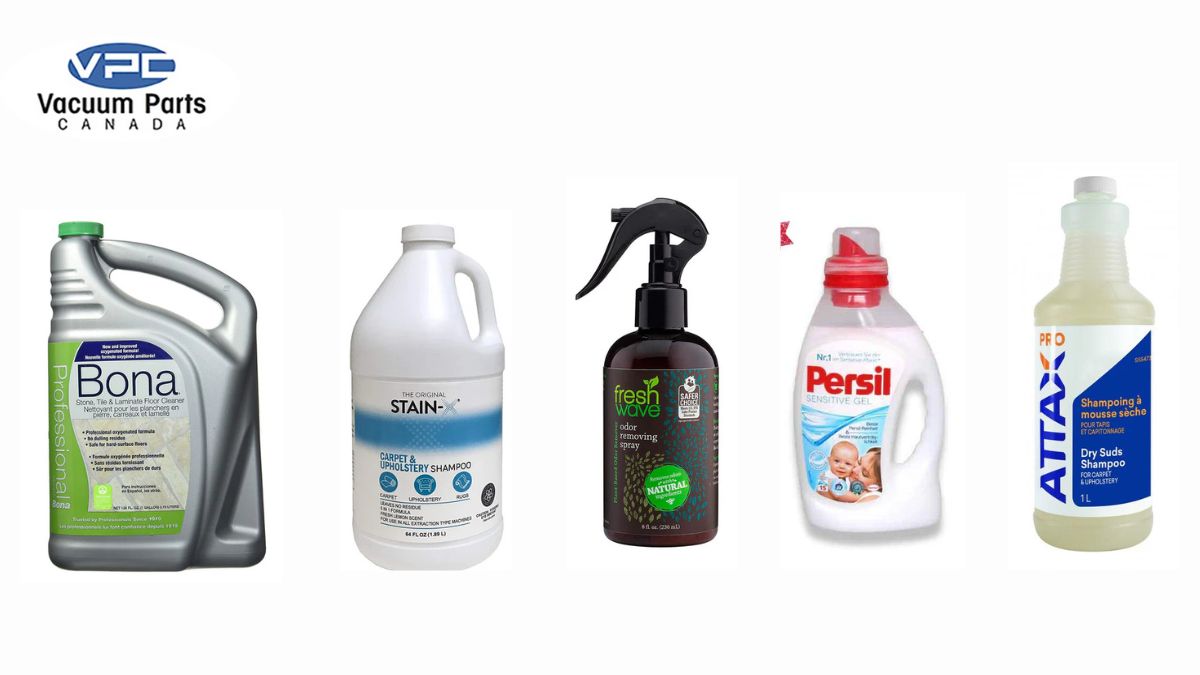
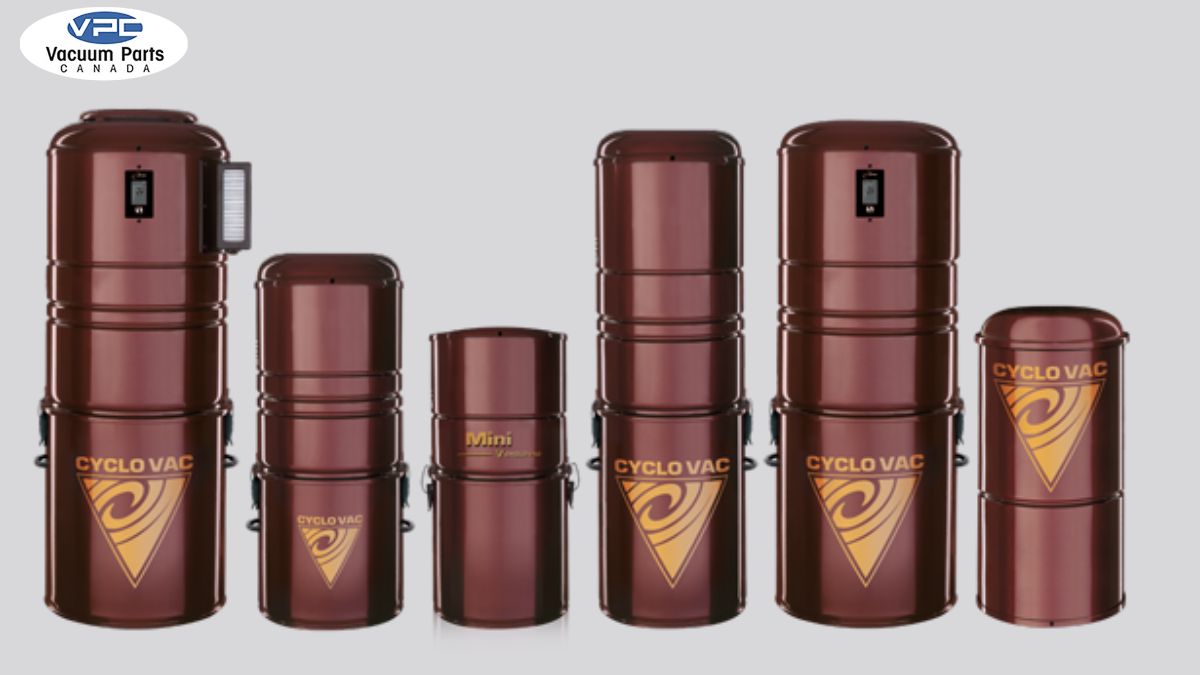
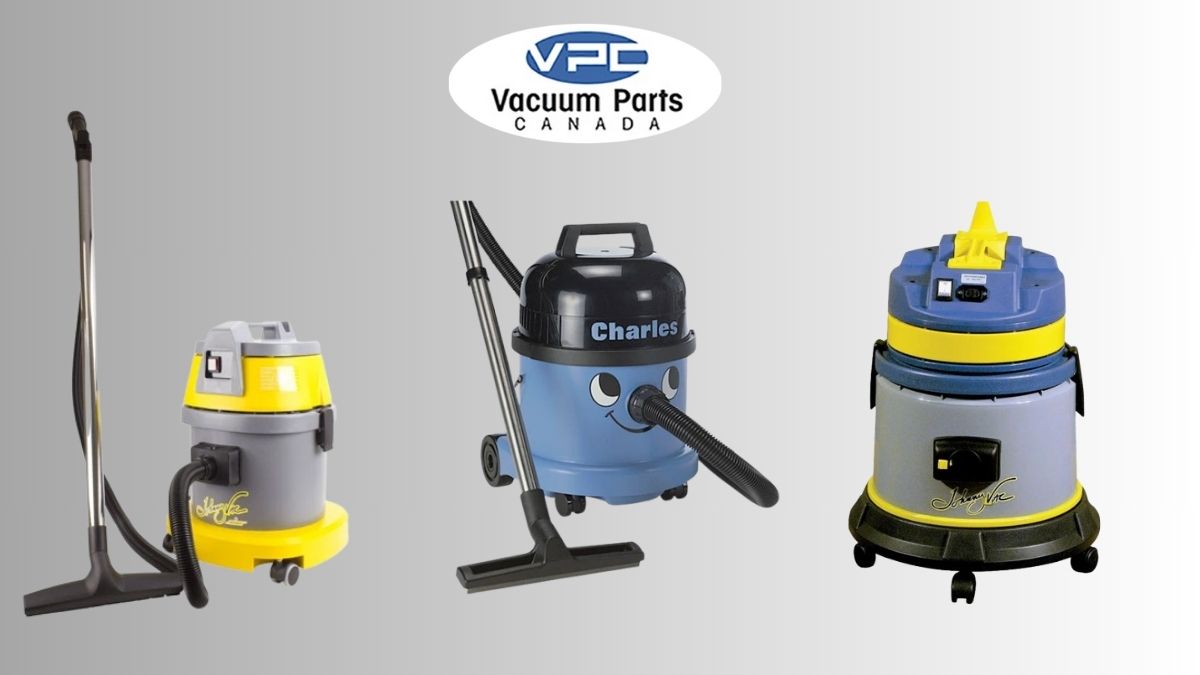
Leave a comment
This site is protected by hCaptcha and the hCaptcha Privacy Policy and Terms of Service apply.